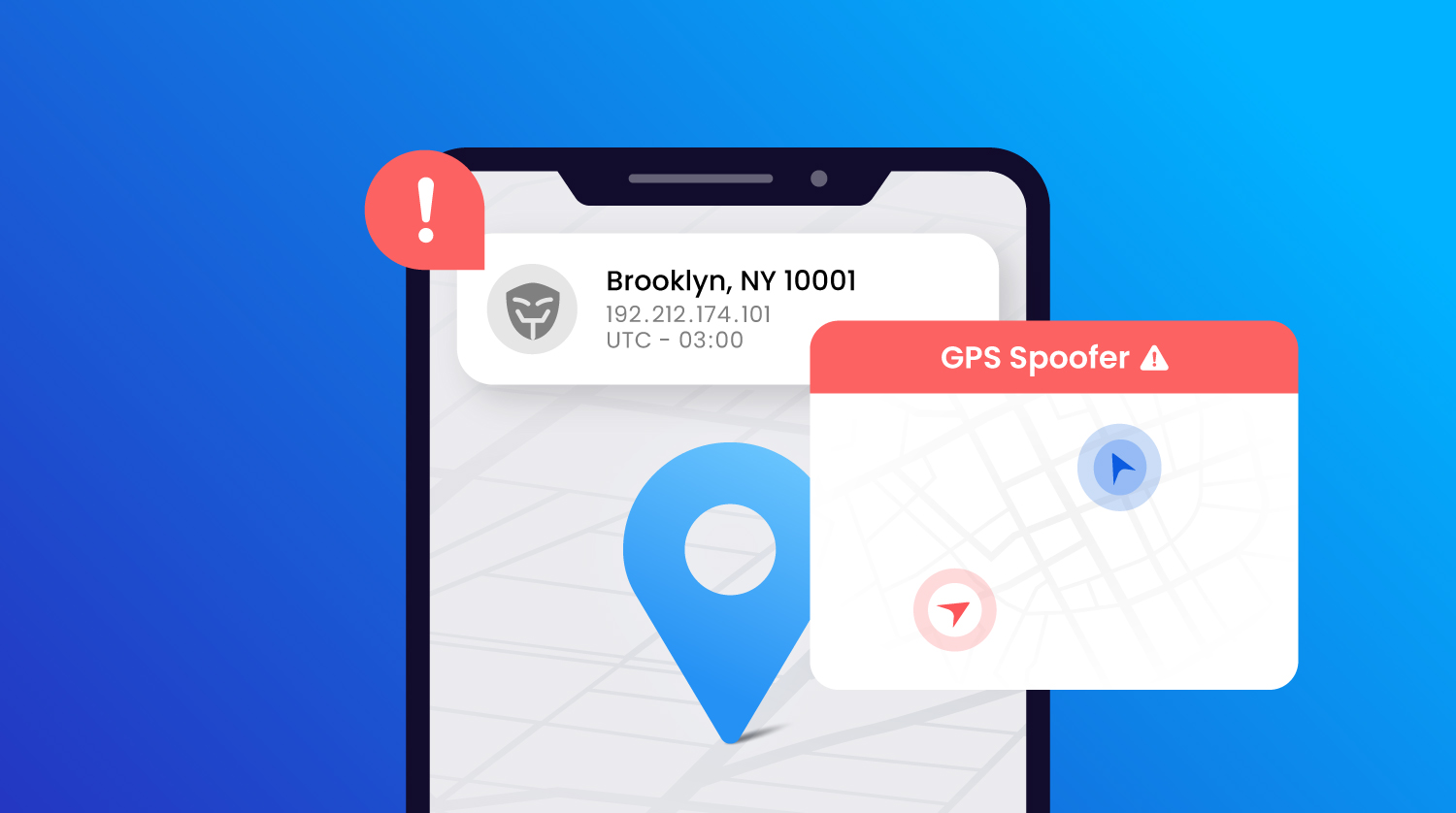The different faces of fraudsters and the challenge of stopping them
Kick starting the discussion, participants discussed challenges they faced with regards to protecting their apps from different types of fraudsters. For example, opportunists (technically able individuals who exploit an opportunity when they see one) versus syndicates (‘professional’ fraudsters who often use highly sophisticated tools to conduct fraud at speed and scale). An executive pointed out how you can often differentiate between the two by the amount stolen. Opportunists tend to exploit smaller loopholes in a system - such as promo abuse - whereas syndicated fraudsters often target high-value items.
An executive from a food delivery app also brought up the issue of new versus existing users. For example, new users need to create accounts - which means that they can be caught at the account creation and login checkpoints, and before they can commit fraud. Existing users on the other hand are often harder to detect, as most risk intelligence solutions aren’t able to catch previously good users that have turned bad - which SHIELD’s technology is able to do. Following this, two interesting points were brought up by participants. They mentioned that account takeovers were found to be more common for existing users, and they also agreed that one of the hardest challenges with stopping new users is their relative lack of data when compared to existing ones.
Another executive from an online delivery app stated their biggest concern was fraud conducted by their affiliates such as delivery riders and employees. For example, a delivery rider may use a GPS spoofer to make it look like they delivered the item before they actually did, in order to avoid being penalised by their app for being late.
The key problems mobility apps face are faced with today
Several participants said that their main challenge were fraud syndicates, who used advanced techniques such as scripting and phishing to carry out fraud. When others asked how they were dealing with these, their number one tip was being ready to stop risky users before they commit fraud.
Other executives faced challenges with internal fraud committed by an employee, such as sharing an internal referral code with others. Executives felt the most effective way to combat this was by educating employees on what internal fraud was and the repercussions of committing it, as many of their employees simply weren’t aware that what they were doing was fraud.
Participants also acknowledged that every country had different rules and requirements with regards to fraud prevention. Executives discussed these at length and concluded that the best mitigation strategy was to implement frequent user checks before allowing a transaction to go through.
All participants were concerned with the lack of resources that enabled them to deal with fraud in real time. The growth and expansion of mobility apps into different countries meant attacks were no longer localised, and could now come from anywhere.
The future of the mobility industry in Latin America
Towards the end of the roundtable, the conversation shifted towards the future of the industry in the wider LATAM region. The main takeaway was the consensus that once a business has reached critical mass (the point at which it becomes self-sustaining without the need for additional investment), it will continue to grow and expand until it gains superapp status. Executives also discussed how cross-selling within the same app would make the user use the app as frequently as possible, along with offering services relevant to them and ensuring the customer journey is simple and easy.
In regards to whether super apps would see the same success in Latin America that they are currently seeing in Asia, participants had differing views. For example, an executive from an online food delivery app believed that super apps won’t be as popular as they are in the Asian market, and will be more use case specific.
The importance of the fraud team
In the final stages of the roundtable, discussion shifted to how fraud teams are often unfairly blamed after companies experience financial losses as they are often seen as the last line of defense.
In the concluding remarks, executives agreed that it’s only when a company begins experiencing losses that the fraud team comes to mind. But this is swiftly changing.
Find out how our solution can help you prevent fraud and abuse on your mobile app today.











.JPG)










